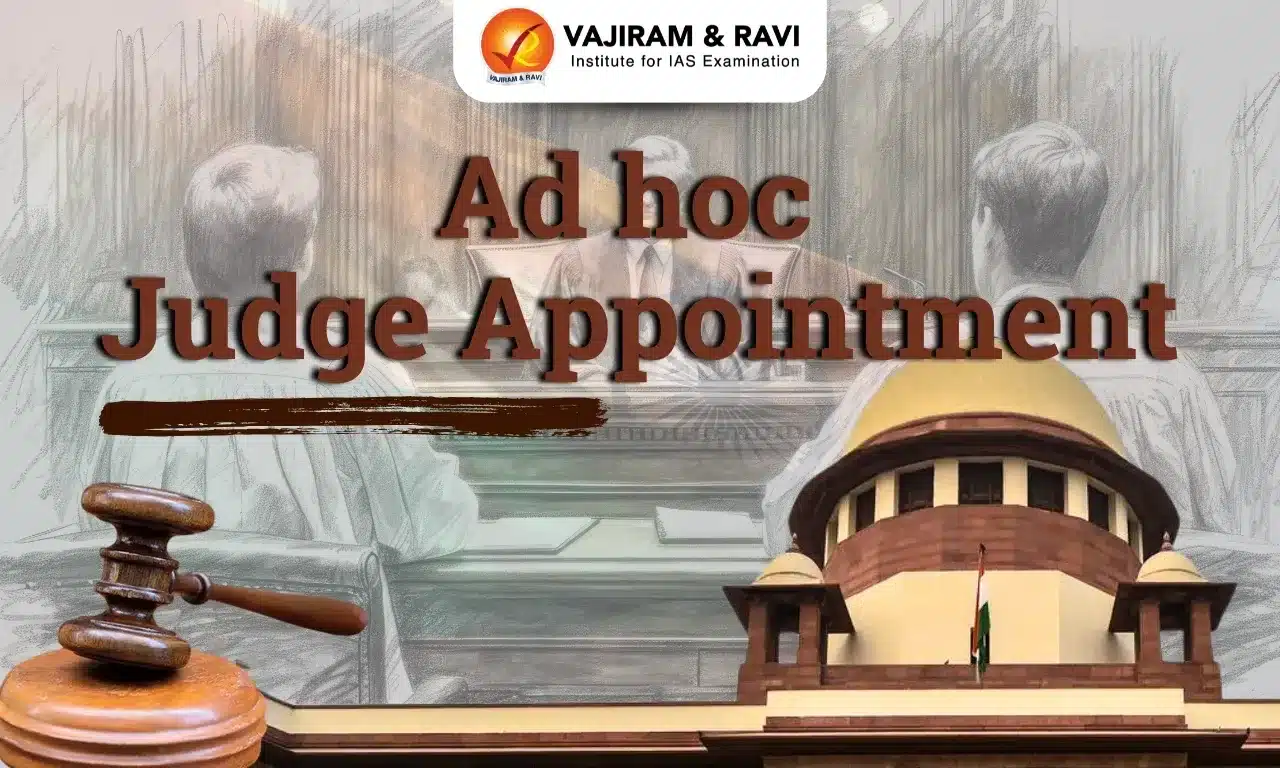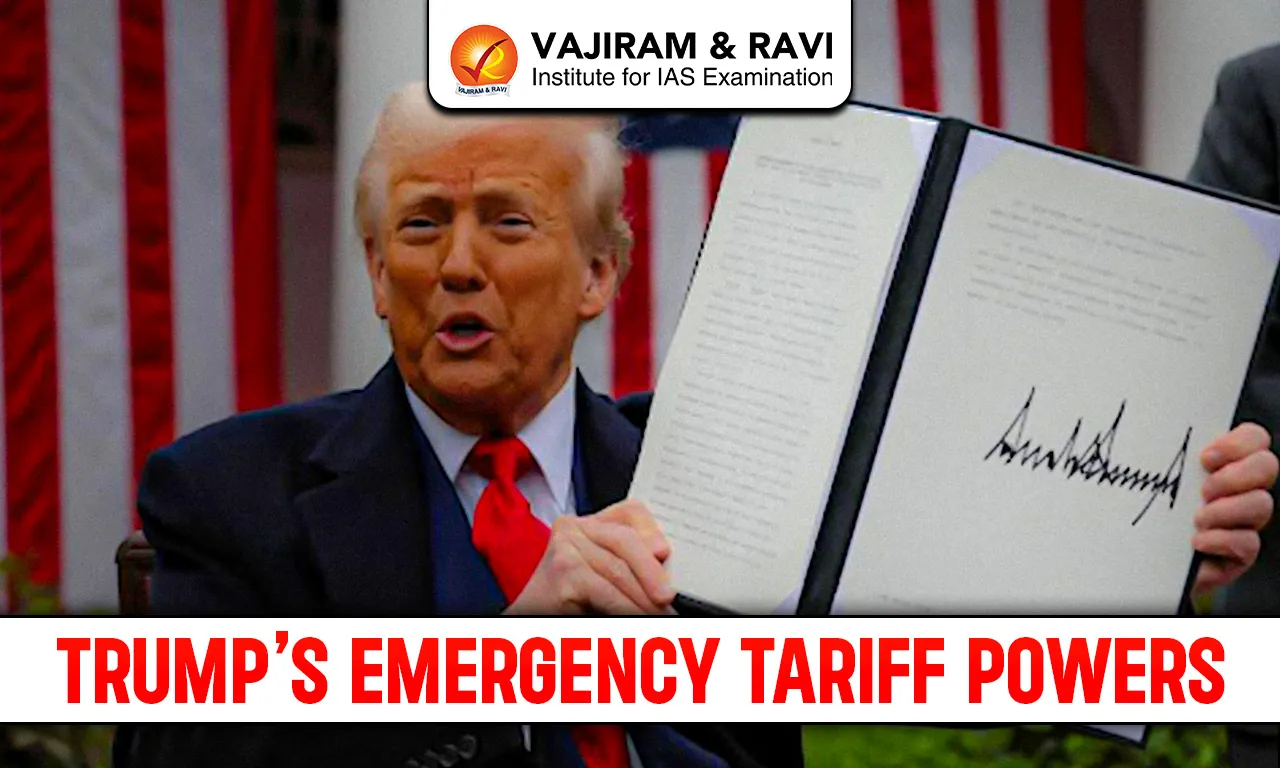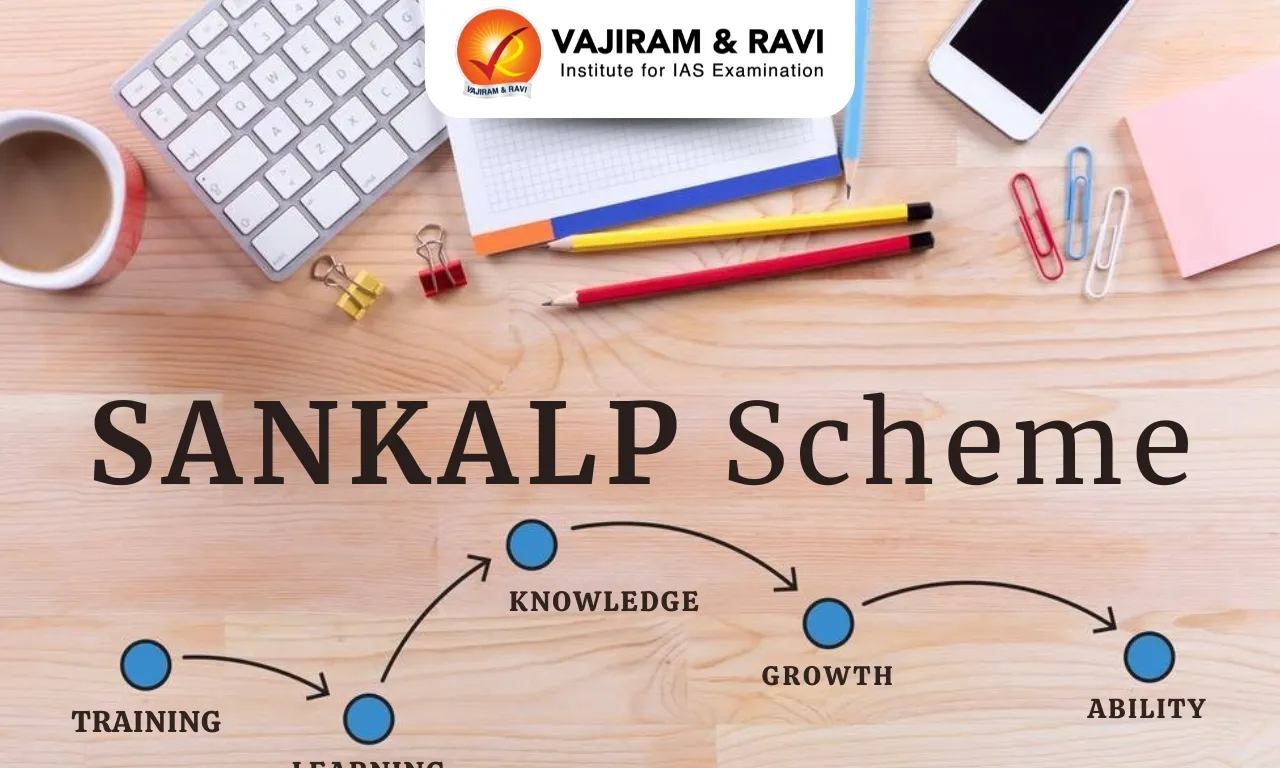Ad hoc judge appointment Latest News
- Recently, the Supreme Court proposed appointing retired judges on an ad hoc basis to address the backlog of criminal cases in High Courts. The Court also suggested revisiting its 2021 decision that restricted ad hoc appointments to specific situations.
- Article 224A of the Indian Constitution permits the Chief Justice of a High Court to request retired judges to resume duties with the President’s approval.
- Although rarely invoked, this provision involves a detailed appointment process, previously clarified by the SC.
Appointment of Ad Hoc Judges
- Article 224A of the Indian Constitution allows the Chief Justice of a High Court to request retired judges to act as ad hoc judges, with the President’s prior consent.
Power and privileges of the ad hoc judges
- These judges have full jurisdiction, powers, and privileges but are not considered permanent judges.
- Both the retired judge and the President must consent to the appointment.
Procedure for Appointment
- The 1998 Memorandum of Procedure (MOP) outlines the detailed process for appointing ad hoc judges.
- After the retired judge consents, the Chief Justice forwards the name and appointment details to the state’s Chief Minister.
- The Chief Minister then submits the recommendation to the Union Law Minister, who consults the Chief Justice of India (CJI).
- The CJI’s advice is forwarded to the Prime Minister, who advises the President.
Supreme Court’s Ruling on Appointment Process
- In the case of Lok Prahari Through Its General Secretary S.N. Shukla IAS (Retd.) v. Union of India (2021), the Supreme Court clarified that the recommendation for ad hoc judge appointments must be routed through the Supreme Court collegium, consisting of the CJI and two senior-most judges.
- The court also established guidelines for initiating this appointment process.
Criteria for Appointment of Ad Hoc Judges
- The Supreme Court in the Lok Prahari case addressed the issue of High Court vacancies and the mounting backlog of cases.
- The Court acknowledged that ad hoc judges could help tackle these issues, especially given the significant vacancies in High Courts (around 40%).
- However, it set clear guidelines for when ad hoc judges can be appointed.
Conditions for Initiating Appointment Process
- The Court ruled that ad hoc judges can only be appointed if recommendations for filling less than 20% of the vacancies have not been made.
- This decision aims to ensure that Article 224A is invoked only after the process for regular judge appointments has been initiated and is pending.
Trigger Points for Appointing Ad Hoc Judges
- Ad hoc judge appointments can only be considered if:
- The High Court has vacancies of more than 20% of its sanctioned strength (excluding proposals for appointment).
- More than 10% of the pending cases are over 5 years old.
Recommendations for Appointment
- The Court recommended that each Chief Justice should maintain a panel of retired or soon-to-retire judges for potential ad hoc appointments.
- These judges should be appointed for 2-3 years, with 2-5 ad hoc judges per High Court.
- The appointment process should be subject to periodic reviews.
Past Appointments of Ad Hoc Judges
- The Supreme Court has noted only three recorded instances of ad hoc judges being appointed under Article 224A, deeming it a “dormant provision.”
- These instances include:
- Justice Suraj Bhan (1972) – Appointed to the Madhya Pradesh High Court for one year to hear election petitions.
- Justice P. Venugopal (1982) – Appointed to the Madras High Court, with his term renewed in 1983 for another year.
- Justice O.P. Srivastava (2007) – Appointed to the Allahabad High Court to hear the Ayodhya title suits.
- Since the 2021 Supreme Court decision, there have been no further recorded appointments of ad hoc judges.
Ad hoc judge appointment FAQs
Q1. What is the meaning of ad hoc in court?
Ans. Ad hoc in court refers to temporary appointments of retired judges to handle specific cases or vacancies.
Q2. What is the full form of ad hoc?
Ans. Ad hoc stands for “for this purpose,” referring to temporary solutions or appointments.
Q3. Who is an ad hoc judge?
Ans. An ad hoc judge is a retired judge temporarily appointed to handle cases in a High Court.
Q4. What is the difference between an acting judge and an ad hoc judge?
Ans. An acting judge temporarily fills a regular vacancy, while an ad hoc judge is appointed for specific tasks.
Q5. Who appoints retired judges?
Ans. The President of India appoints retired judges, based on recommendations from the Chief Justice and other authorities.
Last updated on February, 2026
→ UPSC Notification 2026 is now out on the official website at upsconline.nic.in.
→ UPSC IFoS Notification 2026 is now out on the official website at upsconline.nic.in.
→ UPSC Calendar 2026 has been released.
→ UPSC Final Result 2025 is expected to be released in the second week of April 2026.
→ Check out the latest UPSC Syllabus 2026 here.
→ Join Vajiram & Ravi’s Interview Guidance Programme for expert help to crack your final UPSC stage.
→ UPSC Mains Result 2025 is now out.
→ UPSC Prelims 2026 will be conducted on 24th May, 2026 & UPSC Mains 2026 will be conducted on 21st August 2026.
→ The UPSC Selection Process is of 3 stages-Prelims, Mains and Interview.
→ Prepare effectively with Vajiram & Ravi’s UPSC Prelims Test Series 2026 featuring full-length mock tests, detailed solutions, and performance analysis.
→ Enroll in Vajiram & Ravi’s UPSC Mains Test Series 2026 for structured answer writing practice, expert evaluation, and exam-oriented feedback.
→ Join Vajiram & Ravi’s Best UPSC Mentorship Program for personalized guidance, strategy planning, and one-to-one support from experienced mentors.
→ Check UPSC Marksheet 2024 Here.
→ UPSC Toppers List 2024 is released now. Shakti Dubey is UPSC AIR 1 2024 Topper.
→ Also check Best UPSC Coaching in India




















